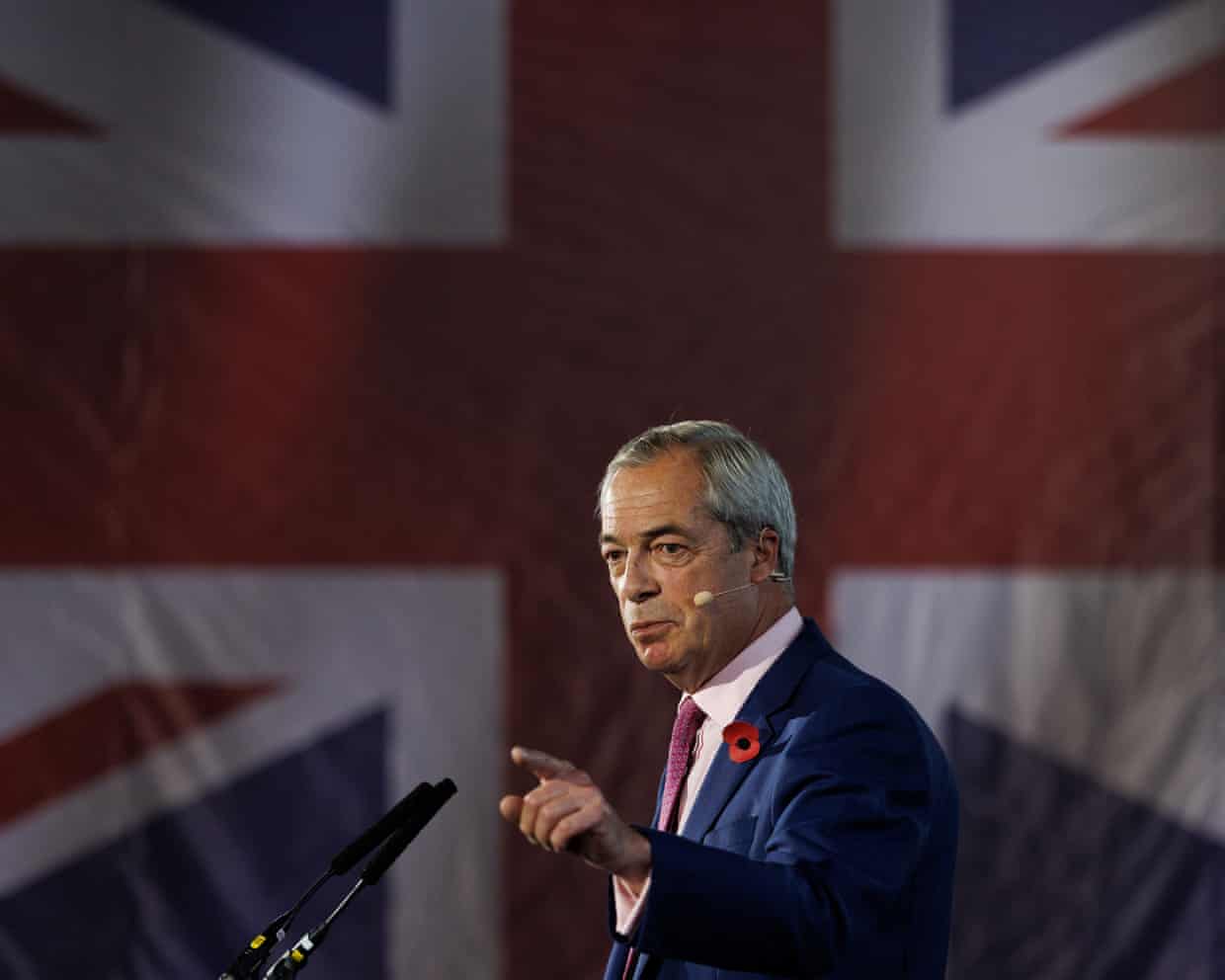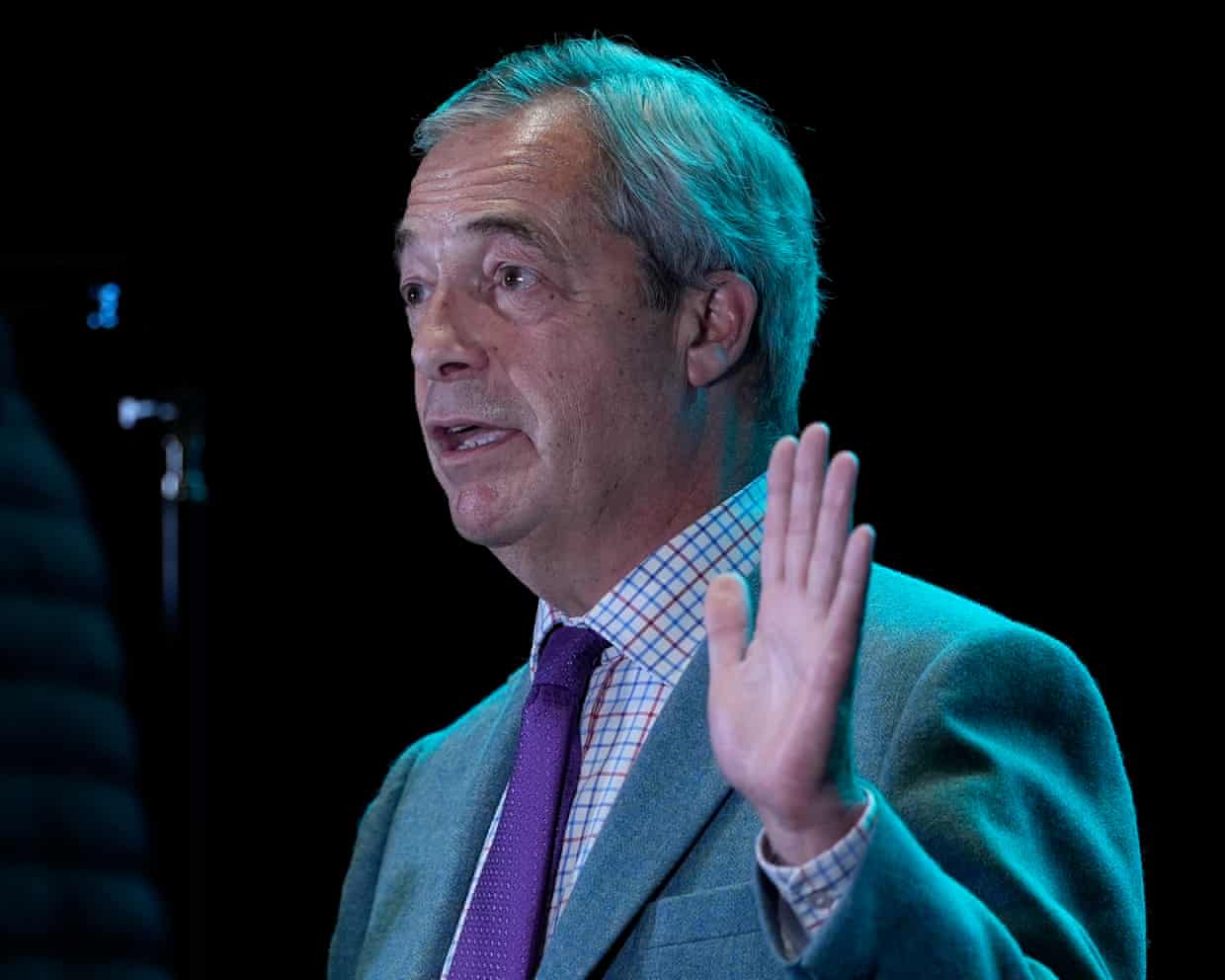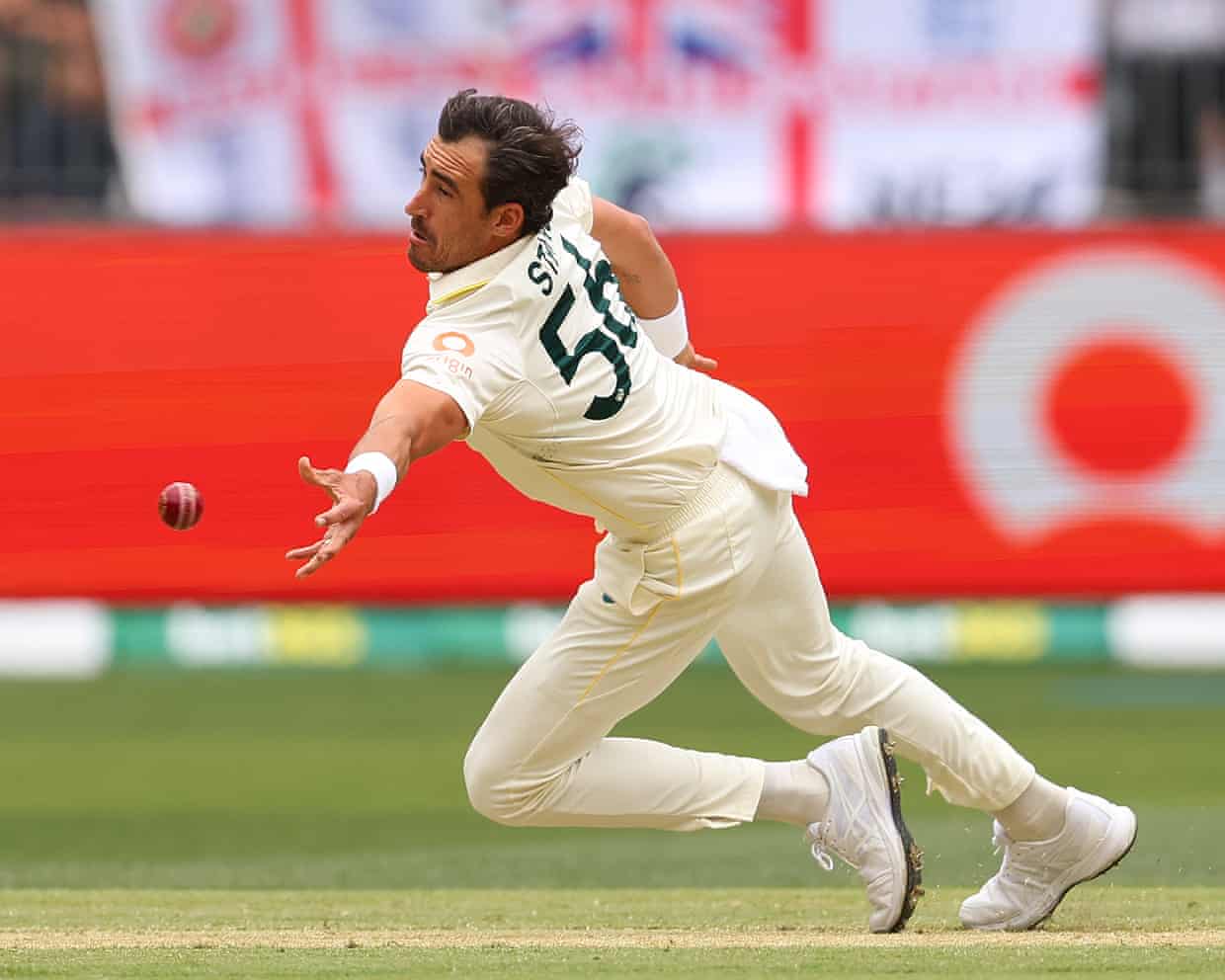Short first Ashes Test results in record donation of surplus food across Western Australia

The shortened Ashes Test in Perth might have left administrators scrambling to recover a multimillion-dollar shortfall, broadcasters scrambling to fill three days of airtime and fans wondering what to do with newfound time on their hands, but for others, England’s early capitulation in the series opener was a blessing.A huge surplus of food, which was intended for another bumper crowd with a third day of cricket anticipated but never used as the game wrapped up inside two days, has been donated to charitable causes across Western Australia.Optus Stadium, known as Perth Stadium for the duration of the first Test, directed all surplus food to OZHarvest, Australia’s leading food rescue service, which in turn partnered with SecondBite and Foodbank WA to distribute the food to those in need across the state.The organisation said it was the biggest single donation it had ever received in Western Australia.WA’s deputy premier, Rita Saffioti, lauded the move, saying it demonstrated “community spirit at its best”.
“Thanks to the fast-finishing Ashes Test at Optus Stadium, hundreds of kilos of fresh food have been donated to Western Australians in need,” she said.“When it became clear the match would wrap up early, the Optus Stadium team moved quickly to minimise waste.“Given the size of the donation – the biggest provided by the stadium to date – OzHarvest has partnered with two other local organisations, SecondBite and Foodbank WA to distribute the products to charities, schools, women’s refuges and individuals in need across Perth.”Twenty pallets of fruit and vegetables, four pallets of sandwiches and salads, two pallets of bread and four pallets of milk and dairy, totalling hundreds of kilos, were donated.“Every effort has been made to maximise food recovery,” Optus Stadium CEO Mike McKenna said.
“Our chefs are busy turning about 450kg of sliced tomatoes into passata, some of the excess milk will become white sauce and lemon wedges preserved for future use.Being able to support those in need is really a silver lining for the stadium team.”Sign up to The SpinSubscribe to our cricket newsletter for our writers' thoughts on the biggest stories and a review of the week’s actionafter newsletter promotionThe abridged Test match, which was won for Australia thanks to a 10-wicket haul for Mitchell Starc and Travis Head’s brilliant century, left Cricket Australia with a $4m shortfall, even after factoring in savings made in not having to open Perth Stadium beyond day two.The quick-fire nature of the contest has put organisers and broadcasters on alert ahead of the second Test at the Gabba, which starts next week in Brisbane.

How Lord Dannatt used his peerage to open doors for business interests
The flowers and hamper that arrived at the Tower of London had been sent by a small energy company based in Sierra Leone. They were a gift to Richard Dannatt, the former head of the British army, who a few months earlier had introduced the company’s executives to the minister for Africa. It was a move they hoped would smooth the way for the fledgling company’s grand plans to build a £500m hydroelectric dam.With support from the UK government, the company had a better chance of getting the dam built. The dam, they said, would bring much-needed cheap electricity to many people in Sierra Leone

Reform’s ‘Trumpian’ legal threats hint at more aggressive approach to media
“It was Trumpian,” said Mark Mansfield, editor and CEO of Nation.Cymru, a small English-language Welsh news service. “It has perhaps given us a flavour of how a Reform UK government would behave towards the media.”Mansfield is referring to what he described as an attempt by a figure at Nigel Farage’s Reform UK party to “bully” his publication, but he believes a wider lesson might be learned.On 12 November, Nation

Nigel Farage’s shifting answers on school-days racism claims – a timeline
Nigel Farage’s response to allegations of teenage racism during his time at Dulwich college have ranged from vehement at times and rather more nuanced at others.Here is what he has said.After Channel 4 reporter Michael Crick revealed a June 1981 letter written by a teacher about Farage during his time in Dulwich referring to him as “racist” and “fascist” or “neo-fascist”, Crick tracked down Farage.Farage said: “Of course I said some ridiculous things that upset them.” Crick asked him if these were “racist things”

Nigel Farage responds to racism claims saying he never ‘tried to hurt anybody’
Nigel Farage has broken his silence nearly a week after he was accused by about 20 people of racism and antisemitism as a teenager, by saying he “never directly, really tried to go and hurt anybody”.His remarks came after the publication of a detailed investigation by the Guardian in which many of his school contemporaries claimed to be victims of, or witnesses to, repeated incidents of deeply offensive behaviour.The Reform party leader’s aides emphatically denied the allegations, saying that any “suggestion that Mr Farage ever engaged in, condoned, or led racist or antisemitic behaviour is categorically denied”.In a broadcast interview on Monday, Farage appeared to give a more nuanced response when he was asked if he had racially abused fellow pupils at school.He replied: “No, this is 49 years ago by the way, 49 years ago

BBC finds its happy place inflicting latest round of self-harm | John Crace
This was the BBC in its happiest of happy places. Sure the Beeb likes to do the news, but there is nothing it likes more than reporting on itself. The holy grail of its output. There are whole departments within the Beeb dedicated to making TV and radio programmes about other BBC TV and radio programmes.There can be no other organisation that subjects itself to quite so much self-analysis

UK politics: Risk of Maccabi Tel Aviv facing antisemitic attacks not ‘predominant’ reason for match ban, police tell MPs – as it happened
MPs have been told that the risk of antisemitic hate crime was not the “predominant” reason why West Midlands police wanted to ban Maccabi Tel Aviv fans from attending the Europa League match at Aston Villa.Mike O’Hara, WMP’s assistant chief constable, said in a letter to the Commons home affairs committee that the threat of violence by Maccabi fans was a more important consideration.The letter, which has been published this afternoon by the committee, confirms reporting by the Guardian last month which said that the fans were banned “after police intelligence concluded the biggest risk of violence came from extremist fans of the Israeli club”.Keir Starmer and other political leaders reacted with outrage after the ban was first announced in October. Starmer suggested the police were accepting they would not be able to protect the Maccabi supporters from antisemitic violence, and he said: “The role of the police is to ensure all football fans can enjoy the game, without fear of violence or intimidation

Mitchell Starc has got England’s number as Ben Stokes faces a dirty dozen in Brisbane | James Wallace

England warned ‘wickets fall in clumps’ with pink ball under lights at the Gabba

Undercooked England will not play for a year until Rugby League World Cup

The Breakdown | A November to remember: let’s celebrate the good in international rugby

The NBA’s dress code was seen as policing Black culture. Instead it inspired a fashion revolution

Tennis burnout on the rise as grind of long season brings stars to their knees